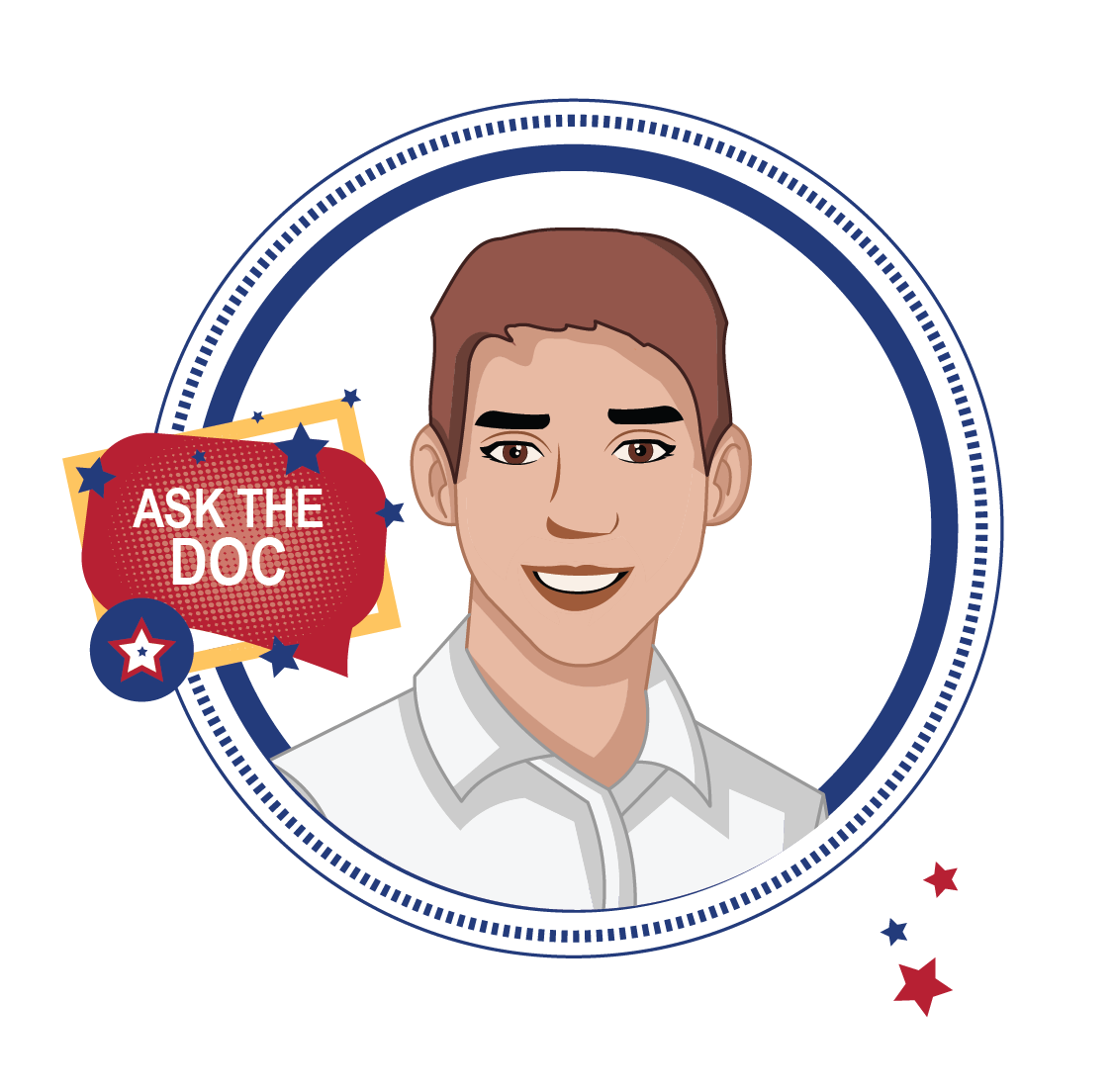Dear Doc: As I progress through my 40s, I'd like to think I've lived a pretty healthy life to this point. As a service member, I've kept myself in shape, ate well and always listened to my body throughout my career. Unfortunately, I can't say as much for some other members of my peer group. I know we are trained to be "warriors," and a lot of us feel that if we aren't self-sufficient, it may somehow make us less efficient as soldiers, sailors, airmen or Marines. I can't help but feel like there's a stigma associated with monitoring yourself or furthermore, getting help, especially among men and issues related specifically to men's health.
My question is, how can I convince these guys that there is nothing wrong or "weak" about getting help with health issues, male-specific or otherwise?
- Senior NCO in the Know

Dear Advice: I recently talked to Army Capt. (Dr.) Ian Ferguson, Internal Medicine Physician at Bayne-Jones Army Community Hospital, about the stigma surrounding men seeking healthcare and health advice and here's what he had to say:
You make great points and ask good questions.
We don’t always talk about it, but men (just like anyone else) are often subject to societal and cultural notions that don’t really make all that much sense. A lot of us are taught from a young age to be tough, self-sufficient, not to complain and, when we are hurting or otherwise out of commission to, “rub a little dirt in it.” I won’t say that those ideas are completely without value, but a strict adherence to such machismo can actually be counter-productive.
One of the most important ideas in our line of work is Readiness. We need, as a military, to be ready to execute our duty when called to action. How can we truly be ready if we ignore problems we are facing? We wouldn’t use faulty equipment to perform a task, nor would we ignore the regular maintenance of that equipment in the first place. Following this logic, one can see that seeking care for our ailments, whether they be physical, mental, or spiritual, is actually the realization of one of our core principles.
In fact, part of being self-sufficient is knowing when to reach for a new tool when the one you’re using isn’t up to snuff. We can all do our part to foster an environment where malignant attitudes about seeking help are muffled.
The next time you see a fellow warrior suffering, consider saying, “You should get that checked out,” or, “Maybe you should talk to someone about that,” instead of, “Suck it up.” It’s small measures like these taken in composite that will eventually change the culture around men seeking care, both in our military, and in our society at large. In short, keeping your body, mind, and spirit in a high-functioning state is part of the job, and it is part of being a high-functioning warrior. We all need a little help from time to time and knowing when to go in for that oil-change or tune-up is nothing if not self-sufficient.
Senior, the bottom line is that the line of thinking you described actually makes you less self-sufficient, less efficient and, in fact, less of a warrior. Many of us maintain weapons, vehicles, aircraft, equipment and facilities on a daily basis. There should be no difference when it comes to maintaining ourselves.
I can’t guarantee that it might not take some time, but if you can convince those around you of this, you should be good to go.
Take care (of yourself and your fellow warriors) out there!
-Doc